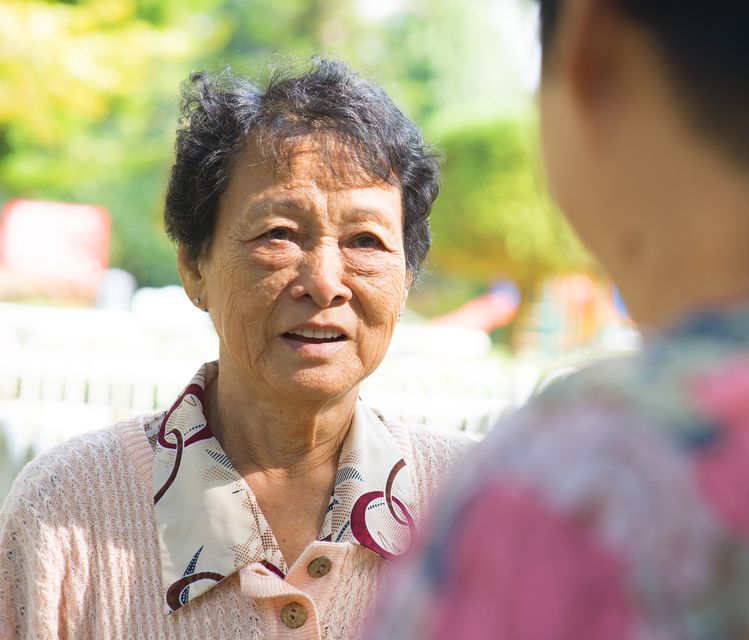TCS-SMU extend iCity Lab partnership, gets grant for senior citizen project
By Digital News Asia September 15, 2014
- JV focused on research and development of intelligent city solutions
- Govt grant for developing intelligent community care solutions for senior citizens

SINGAPORE Management University (SMU) and Tata Consultancy Services (TCS) said they have agreed to extend their SMU-TCS iCity Lab (iCity Lab) partnership for another three years to undertake a number of research initiatives and projects.
The iCity Lab joint venture is focused on research and development of intelligent city solutions.
The extension will include developing technology solutions specifically tailored to the needs of senior citizens in Singapore under a research grant secured from the Singapore Government for the SHINESeniors Project. The grant amount was not disclosed.
iCity Lab was established in August 2011 within the SMU School of Information Systems as a three-year research collaboration whereby SMU and TCS would work together on research related to intelligent cities, the two parties said in a joint statement.
Over the last three years, the Lab has developed several flag-ship projects across the intelligent city domain, including a deep focus on ageing and chronic disease management, as well as personalised community healthcare services, they claimed.
The SHINESeniors (Smart Homes and Intelligent Neighbours to Enable Seniors) Project is an iCity Lab-initiated effort to make community care services effective through innovations in care delivery by leveraging Information and Communications Technology (ICT).
Sensor-enabled homes will be developed in support of ageing-in-place for senior citizens living in Singapore.
Through SHINESeniors, it is hoped that the cost of care delivery will be lowered significantly given the lower reliance on manpower, SMU and TCS said.
iCity Lab will be working with multiple stakeholders, including several government agencies and community partners, to implement the project over three years.
“Singapore faces major challenges in providing care and support for our senior citizens due to the fact that the number of post-retirement people aged 65 and older is increasing faster than that of the working population age of 20 to 64,” said Professor Steven Miller, Dean of the School of Information Systems and Vice Provost (Research) at SMU.
“From a demographic perspective, this means Singapore’s ‘old-age support ratio’ is decreasing – for each senior citizen, there is a smaller number of working age people to provide social and economic support.
“This is the core challenge we are now concentrating on at the iCity Lab. We conceptualised and designed the SHINESeniors Project to help Singapore tackle some of the challenges relating to this situation.
“We can contribute by leveraging our expertise in urban information management, in data analytics, and in bringing ICT and people together in helpful and harmonious ways,” he added.
The iCity Lab will be working with SMU’s well-known Living Analytics Research Centre (LARC) for data analytics support. In addition, SMU’s School of Social Sciences will contribute to the SHINESeniors project by working on a related longitudinal survey, and by contributing to the analysis of collected data from social science perspectives.
As the core technology collaborator in the SHINESeniors Project, TCS’s contribution will include building a home-care platform with emphasis on the analytics module.
It is a software solution that has sense-making algorithms for detecting and understanding elderly mobility patterns, which can then be used for remote monitoring and analysis by doctors and community caregivers.
The TCS home-care platform will have the ability to personalise the appropriate community care plan, plan for social service support needs, and situation-specific community-care response protocols for each individual elderly person.
Furthermore, the platform will integrate information about related support services for the elderly provided by various other social service and healthcare groups in order for all of those using the platform – both elderly ‘clients’ and care providers – to have a more holistic and integrated ability to care for the elderly who are ageing in place in their homes and communities, SMU and TCS said.
“With the rapid proliferation of IoT (Internet of Things) technologies, we are today in a connected universe,” said Vish Iyer, president of TCS Asia Pacific based in Singapore.
“Leveraging TCS’ core strengths, the SMU-TCS iCity Lab aims to design and develop a sustainable living environment for seniors in Singapore, thereby uplifting their current lifestyle.
“This research will lead to the development of an end-to-end personalised care delivery platform from sense making to emergency response services.
“Our collaboration with SMU has yielded fruitful results over the years. I am confident these researches have been useful and have brought about a positive impact to our society,” he added.
Related Stories:
From smart cities to ‘sensible’ cities, via IoT
Startup with rehab robot aims for next level with crowdfunding drive
Mahindra Satyam, TechMatrix in Asean cloud-based healthcare pact
Digital economy: APAC enterprises lagging, says Tata report
For more technology news and the latest updates, follow us on Twitter, LinkedIn or Like us on Facebook.


